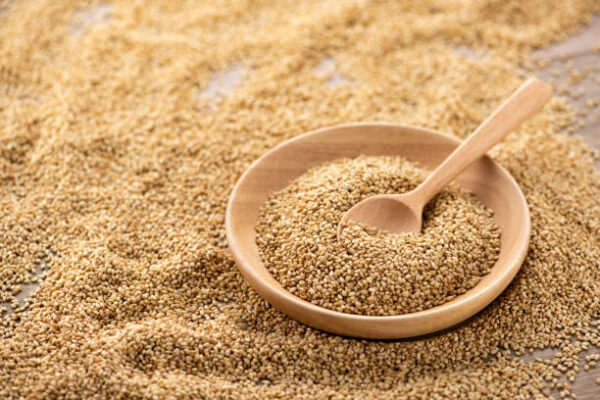
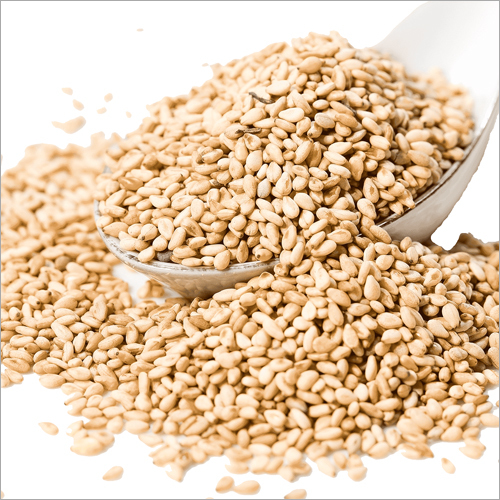
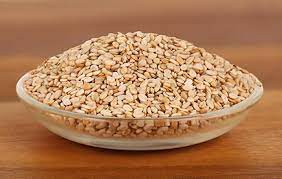
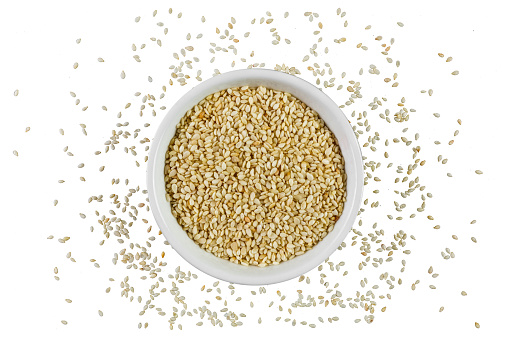
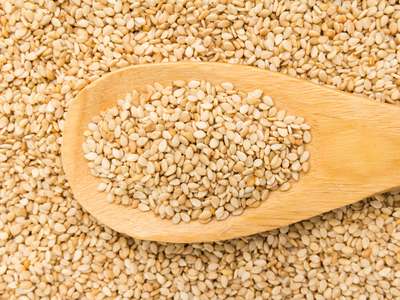
The sesame plant grows in tropical and subtropical parts of the world, including Asia, Africa, and South America. People cultivate it for its edible seeds, which are a popular addition to many dishes all over the world.
The sesame plant, Sesame indicium, produces seeds that contain protein, fiber, and healthy fats. Sesame seeds also provide calcium, B vitamins, vitamin E, and antioxidants.
People can eat sesame seeds as they are, add them as an ingredient to meals, or use sesame seed oil in cooking.
Tahini, which people use to make hummus and other foods, is a paste made from sesame seeds.
In this article, we look at the potential health benefits and risks of sesame seeds and explain how people can include them in their diet.
There are no reviews yet.